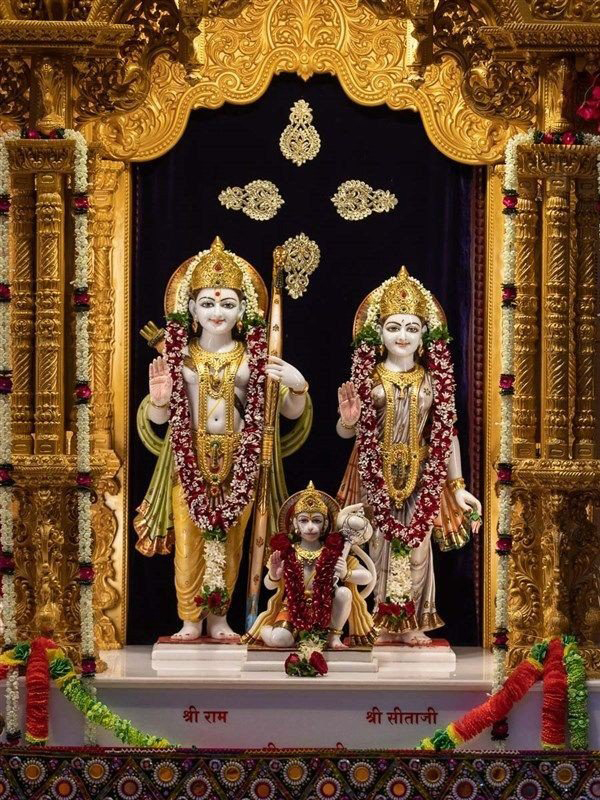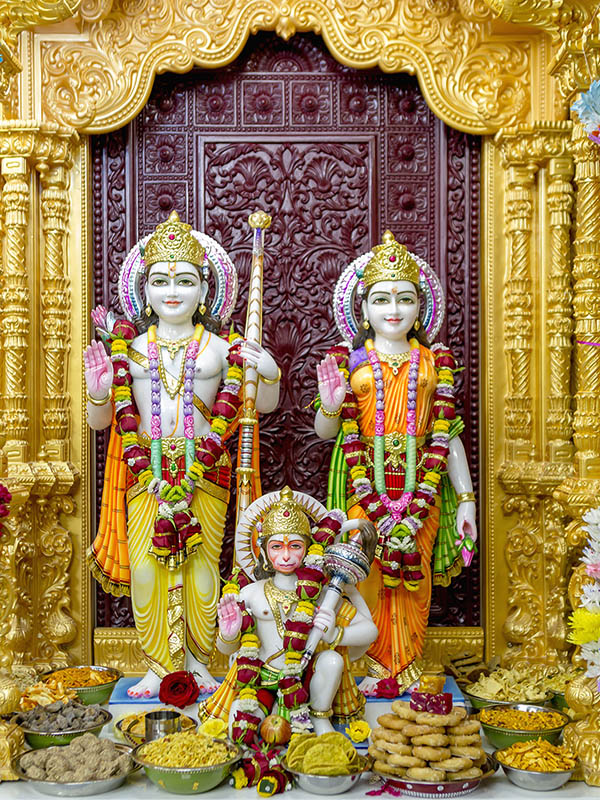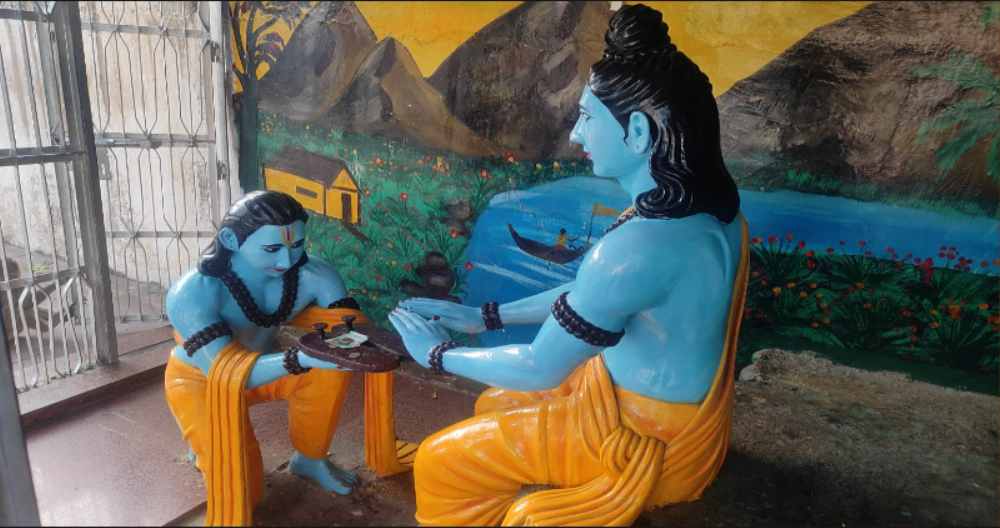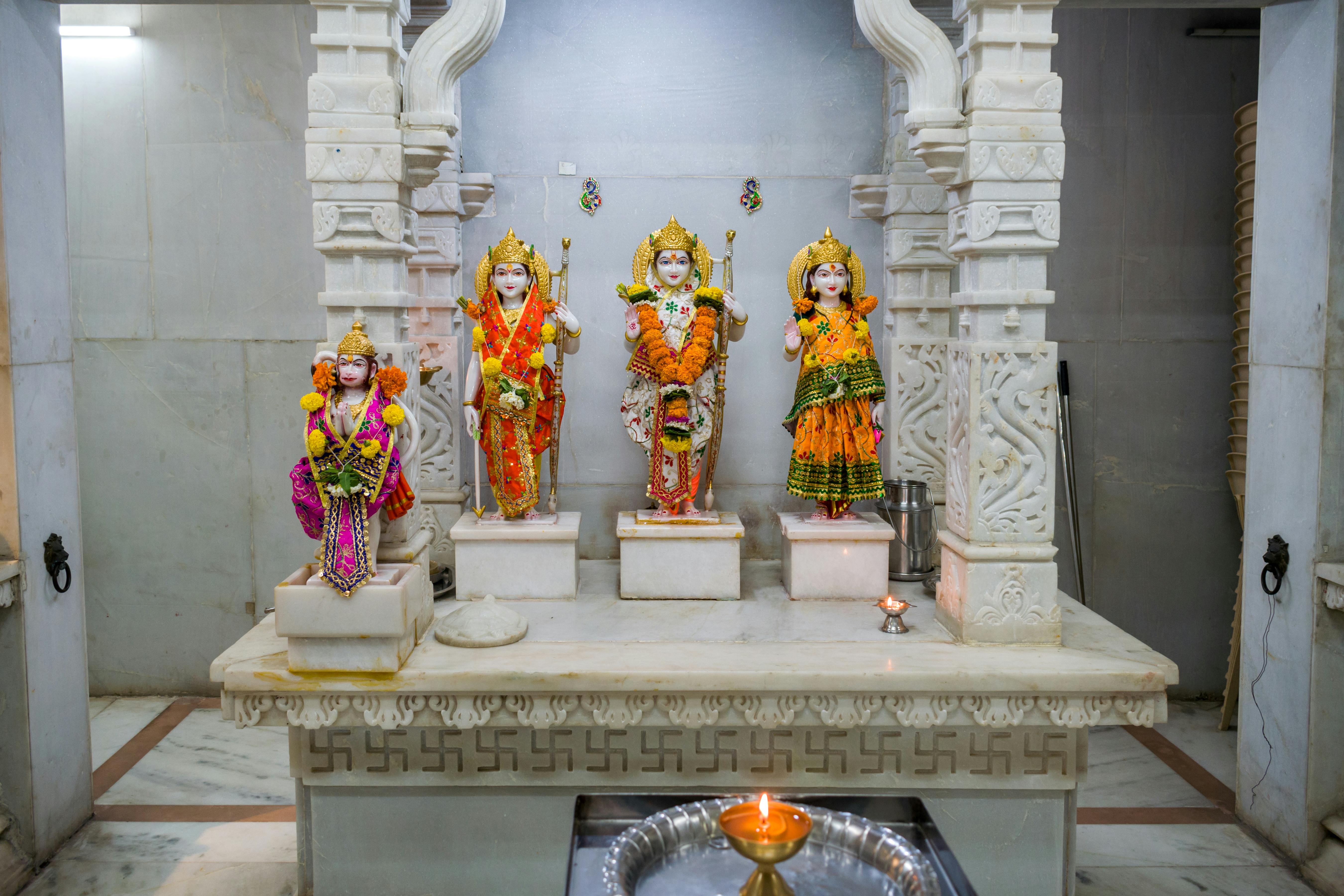The Sutra
प्रमाणान्तरस्यानपेक्षत्वात् स्वयंप्रमाणत्वात्॥ ५९॥ “Because Bhakti is self-validating, it does not require any external proof.”
Understanding the Principle
This significant sutra from Narada Bhakti Sutra indicates that devotion (bhakti) is Svayam Pramana, a self-evident truth. Just as light reveals itself and doesn’t require another light to confirm its existence, bhakti affirms itself through direct experience.
The Nature of Self-Evidence The sutra presents three essential points:
Anubhava (Direct Experience) – Bhakti is felt, not just intellectually grasped.
Aparoksha (Immediate Knowledge) – It is not filtered through senses or reasoning.
Svatah Siddha (Self-Established) – It validates itself through its own expression.
The Classic Analogy:
Sweetness of Sugar Example: How do you demonstrate that sugar is sweet? You cannot show it through scriptures. Logic and reasoning are ineffective here. Only by tasting can one truly understand sweetness. Likewise, the joy of bhakti can only be realized by being a bhakta. No external confirmation is necessary or even feasible.
Why This Matters:
1. Anubhava (अनुभव) – Direct Experience
Sanskrit root: Anu (along with) + Bhava (becoming/being)
This means becoming one with the experience – not observing from outside.
Example:
- Reading about swimming ≠ Swimming
- Watching someone eat ≠ Satisfying your hunger
- Hearing about love ≠ Being in love
In Bhakti:
- Reading about saints’ ecstasies ≠ Your own body trembling with divine remembrance
- Knowing that everything is Brahman ≠ Seeing the Divine in everyone
- Understanding theology ≠ Living in devotional consciousness
The devotee becomes the experience. Subject and object merge. This is why it’s self-evident, there’s no separation between the knower and the known.
2. Aparoksha (अपरोक्ष) – Immediate, Non-Mediated Knowledge
Paroksha = Indirect (mediated through something else) Aparoksha = Direct (immediate)
Examples of Paroksha (Indirect) Knowledge:
- Knowing fire is hot by seeing smoke from distance
- Learning about Paris from a book
- Understanding someone’s pain through their description
Examples of Aparoksha (Direct) Knowledge:
- Touching fire and feeling heat
- Standing in Paris yourself
- Feeling your own pain
Bhakti is Aparoksha: When the devotee experiences divine love, there’s no mediator:
- Not through priests alone
- Not through rituals alone
- Not through intellectual understanding alone
It’s direct communion – heart to heart, soul to Soul.
Svatah Siddha (स्वतः सिद्ध) – Self-Established
This means bhakti doesn’t depend on anything external for its validity.
Real-Life Parallel:
Imagine you fall in love. Someone says, “Prove to me you’re in love.”
You might say:
- “My heart races when I see them”
- “I think about them constantly”
- “I feel complete joy in their presence”
But these are just indicators. The actual experience of love? You know it. You don’t need to prove it to yourself.
If someone who’s never loved demands scientific proof of your love, what can you do? You can show brain scans, measure hormones, but none of that captures the essence of the experience.
Bhakti is exactly like this – but even more profound, because it’s love for the Infinite.
From The Bhagavad Gita
प्रत्यक्षावगमं धर्म्यं सुसुखं कर्तुमव्ययम्।(Bhagavad Gita 9.2)
“This knowledge is directly realizable, righteous, elementary to practice, and imperishable.”
Shri Krishna declares that true spiritual knowledge is Pratyaksha (directly perceivable). Bhakti doesn’t require blind faith; it offers immediate experiential validation.
From Shri Ram Charit Manas
अनुभव गम्य भजहिं जेहि संता।“Which can be known only through experience and which the saints worship.”
जानें बिनु न होइ परतीती। बिनु परतीति होइ नहिं प्रीती॥
प्रीति बिना नहिं भगति दिढ़ाई।“Without knowing the Lord, faith in Him cannot be established, without faith there cannot be love, and without love devotion cannot be strong.”
Who Experiences This Self-Evident Truth?सुखिया सब संसार है, खावै अरु सोवै।
दुखिया दास कबीर है, जागै अरु रोवै॥
(Sant Kabir)
“The whole world is happy, eating and sleeping. Only Kabir is distressed, staying awake and weeping [for the Lord].”
Sant Kabir’s “distress” is actually the highest bliss, but only he knows it. His experience is self-evident to him; others see only the external tears.
जाहि न चाहिअ कबहुँ कछु तुम्ह सन सहज सनेहु।
बसहु निरंतर तासु मन सो राउर निज गेहु॥ (Goswami Tulsidas)
“One who never wants anything and who has natural love for you, you should always reside in his heart; that is your own home.”
Only the pure-hearted devotees, those who have renounced worldly desires and long solely for divine love, can taste this inner nectar.
Bhakti is its own proof, a self-illuminating experience beyond the reach of logic. It cannot be measured or debated, only lived.
To taste its sweetness, one must dive in, not stand at the shore analyzing the waves.
Once you enter the ocean of divine love, the experience itself becomes the ultimate truth.
नायमात्मा प्रवचनेन लभ्यो न मेधया न बहुना श्रुतेन ।
यमेवैष वृणुते तेन लभ्यस्तस्यैष आत्मा विवृणुते तनूँस्वाम् ॥
– कठोपनिषद् १.२.२३
nāyam-ātmā pravacanena labhyo na medhayā na bahunā śrutena ।
yam-evaiṣa vṛṇute tena labhya: tasyaiṣa ātmā vivṛṇute tanūm-svām ॥
– Kaṭhopaniṣad 1.2.23
“This Self cannot be reached through study, intelligence, or extensive listening. One who sincerely seeks the Self will have its truth revealed to them.”







